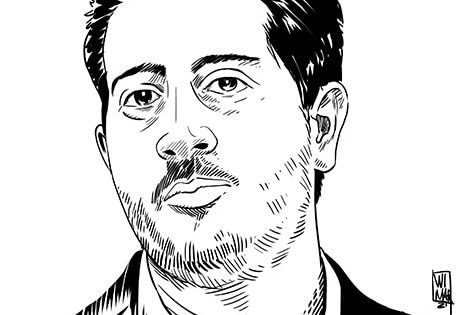(RSF/IFEX) – Reporters Without Borders (RSF) has expressed concern that a renewed crackdown has been unleashed against the independent press in Cuba and that independent journalists are suffering harassment. Since the so-called “black spring” crackdown of 2003, those journalists still working are subject to constant pressure from Cuban authorities. The Cuban Commission for Human Rights […]
(RSF/IFEX) – Reporters Without Borders (RSF) has expressed concern that a renewed crackdown has been unleashed against the independent press in Cuba and that independent journalists are suffering harassment.
Since the so-called “black spring” crackdown of 2003, those journalists still working are subject to constant pressure from Cuban authorities. The Cuban Commission for Human Rights and National Reconciliation (La Comisión Cubana de Derechos Humanos y Reconciliación Nacional, CCDHRN) has condemned this new wave of political repression that, since the beginning of 2006, has taken the form of violence and threats towards members of the independent press.
“This series of persecutory measures taken against dissident journalists could very well auger a new ‘black spring'”, the press freedom organisation said.
“Nevertheless, no crackdown – however far-reaching – can ever completely eradicate the existence of an independent press in Cuba,” RSF added, wondering: “Why do the authorities refuse to acknowledge this reality? Also, why do they refuse to allow journalists whom they would like to see leave, like Jorge Olivera Castillo, to emigrate if they wish to? This attitude is both unfair and nonsensical,” it concluded.
Imprisoned during the March 2003 crackdown and subsequently released for health reasons on 6 December 2004, Jorge Olivera Castillo was summoned to appear on 21 February 2006 before a municipal people’s court in Havana, where judges informed him that he was forbidden to leave the capital.
Olivera, his wife and two children, have had a legal visa for the United States since October 2002, but the authorities unfairly refuse to allow them to leave.
Moreover, he is now obliged to work for a work centre chosen for him by the court. He also has to appear before the state organisation that defines and enforces the country’s official ideological position. If he fails to respect the court’s conditions, he will automatically be returned to prison. He is, nevertheless, determined to continue his work as a journalist, as he confirmed to RSF after his hearing.
Elsewhere, on 13 February, the independent journalist Roberto Santana Rodríguez was summoned to the police station in the Havana municipality of Marianao. After waiting for two hours, he was seen by an officer, Moisés, who showed him a file containing various articles he had written. This file could be used by the authorities against the journalist to justify his imprisonment.
On 17 February in Havana, the president of a Committee for the Defence of the Revolution (CDR), Armando Rivero, threatened Oscar Sanchez Madán for having quoted his name on a programme on Miami-based Radio Martí. Previously, the journalist was physically attacked by unidentified assailants on 21 and 23 January.
On 19 February, Gilberto Manuel González Delgado, head of the Notilibre news agency in Havana, had his home searched by a state security officer and two members of the local CDR. A typewriter and various texts were seized. He was threatened with being charged under Law 88, concerned with the “protection of Cuba’s independence and economy”, if he continued his work. He could face a 20-year prison term if convicted under this law.
Finally, on 20 February, the Cuban authorities banned the sale of foreign newspapers such as “Hola!”, “Mecánica popular”, “Muy interesante” and “El País” on the grounds that they are “ideologically dangerous”.


